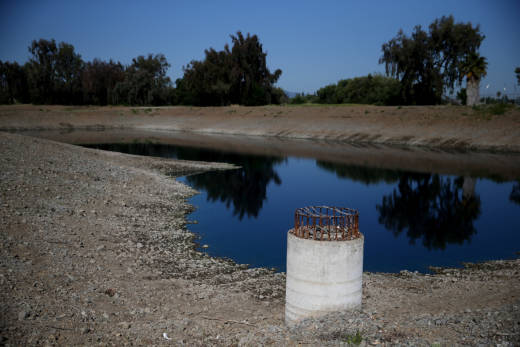California voters in November will decide whether or not to approve a controversial $8.9 billion bond measure for water-related projects like groundwater storage, water treatment and restoring protected habitats.
The measure, Proposition 3, has divided the environmental community and drawn criticism from local newspapers, who say it would benefit wealthy farmers and agribusiness. From a San Francisco Chronicle editorial:
This scheme was devised as an initiative that is being funded, in part, by individuals and entities that are going to be receiving a share of the bond money. The pay-to-play aspect in itself should give voters ample reason to reject Prop. 3.
The Sierra Club agrees. If approved, taxpayers will end up footing the bill for water projects the private sector would normally undertake on its own or through enforcement of existing law.
While the group says many of the projects to be funded are “worthwhile,” others are “generous giveaways to private entities.”
“Exactly what projects … are included in the bond was negotiated in private,” the environmental group says in its Proposition 3 FAQ.

